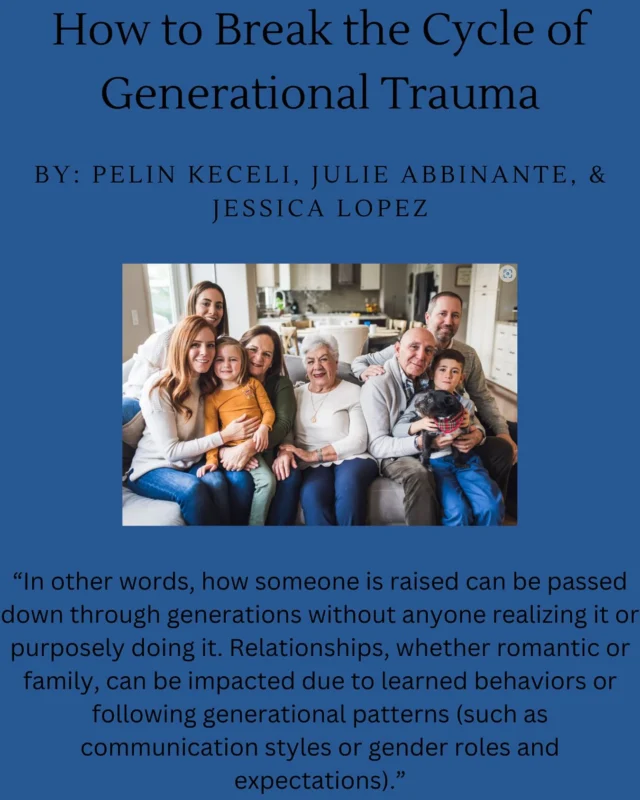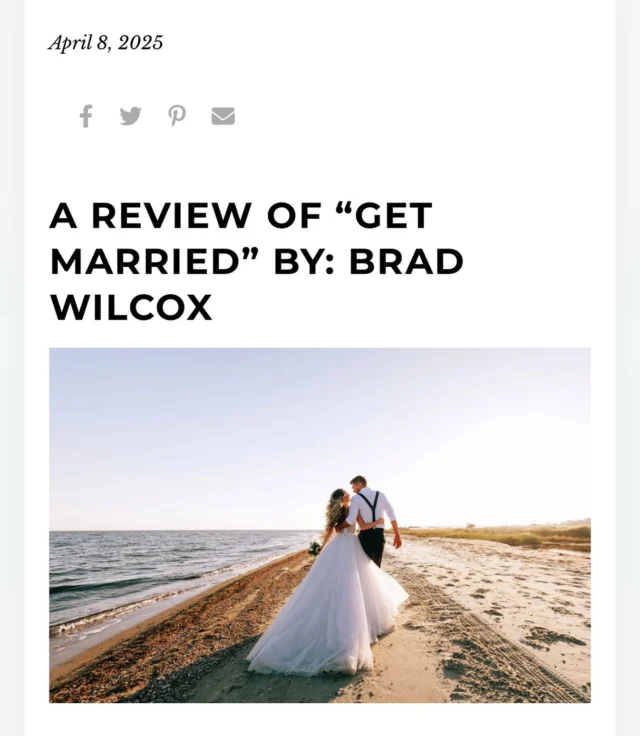Although first published in 1994, Fighting for Your Marriage by Howard J. Markman, Scott M. Stanley, and Susan L. Blumberg is just as relevant today as when the book was first released. Back in May, there were eight members of our research team who were graduating. To celebrate graduation, each of these graduating team members received a copy of the deluxe and revised third edition of the Fighting for You Marriage from Dr. Sibley. The 2010 edition of Fighting for You Marriage also includes an instructional DVD by the authors. Since the focus of this blog is on commitment in couple relationships, and how relationships develop, we felt that it was important to highlight a classic and important book on the subject.
Fighting for Your Marriage is dedicated to sharing information about how to improve and invest in your marriage, and navigate potential pitfalls that could lead to distance, conflict, and divorce. This book is based on the PREP (Prevention and Relationship Enhancement Program) approach, which is founded on over 30 years of research with thousands of couples. As Markman et al. (2010) suggest based on their research, those who use the techniques explained in this book are more proactive when it comes to dealing with conflict and finding solutions to marital disagreements. In addition, this approach also promotes relationship stability and has contributed to reducing the odds of marital dissolution. Both the practical approach, and research-based techniques in this book are used to encourage happy and committed relationships.
I believe the content Markman et al. (2010) cover in their book setup readers up for success in their relationships. The book is laid out in a way so that you can either read it straight through, or jump around depending on what chapters are more applicable to your relationship. This book is broken up into four parts. The first is about understanding the risks associated with a lasting love. This part explains keys for a great relationship, as well as destructive signs and patterns. I really like that this section takes a preventative approach and asks the reader to look critically at their relationship. Part two explains how to handle conflict in your relationship. I really appreciate that the authors do not pretend like conflict does not happen in a relationship. Instead, readers are encouraged to use the speaker listener technique to talk about conflictual or fragile topics.

Part three is about enjoying your partner. Fighting for Your Marriage reminds readers to be a friend to their partner. As Dr. Sibley found in his own research, friendship is part of construction of commitment leading to marriage. Being a friend in your relationship is about being supportive and making the time to listen. I like that the authors give couples exercises to practice with each other. I especially like the exercise where each partner writes down the type of support they want from their partner. It is important that you know what you need out of a relationship, otherwise it can be very difficult for your partner to know what you need. The last part of this book is probably the most important because it explains how to move forward. It emphasizes forgiveness and sticking to the path of commitment.
Personally, one of my favorite parts of this book is when the authors discussed the importance of new perspectives and problem solving. Based off my own personal experience, I can confirm that the best way to keep conflict under control is to consider your partners point of view. I very much agree that perspective taking is crucial for a healthy and committed relationship. Fighting for Your marriage encourages you to first look at how you can improve yourself, as opposed to always blaming your partner for why things are not working. Markman et al. (2010) capture beautifully some of the most advice for making marriage work near the end of their book:
“As our journey together comes to a close and yours moves forward, keep in mind our keys to a great relationship: decide don’t slide, do your part, make it safe to connect, open the doors to positive connections, and nurture your commitment. Focus on being a team and protect and enhance the positives: fun, support, and friendship. Remember, keep investing no matter what. Finally if you decide to fight—fight for your marriage” (p. 408).
When I first started reading, I thought this book was specifically meant for married couples who were having difficulties in their relationship. I quickly learned this was not the case at all. Whether you are single, in a relationship, or married there is plenty of helpful information for you in this book. Fighting for Your Marriage has forced me to take a good look at my own relationship and work on improving it. As a marriage and family therapist in training, I would certainly recommend the book for clients in therapy, or to give to couples as a gift at their wedding. Overall, Fighting for Your Marriage was incredibly helpful, and I would recommend it to anyone who is looking to better their relationship or wants to prepare for a healthy and committed relationship in the future.
References
- Markman, H. J., Stanley, S. M., Blumberg, S. L., & John Wiley & Sons. (2010). Fighting for your marriage. San Francisco, CA.: Jossey-Bass.
- Sibley, D. S., Springer, P. R., Vennum, A., & Hollist, C. S. (2015). An Exploration of the Construction of Commitment Leading to Marriage. Marriage & Family Review, 51, 2, 183-203.
Discover more from Decide To Commit
Subscribe to get the latest posts sent to your email.










